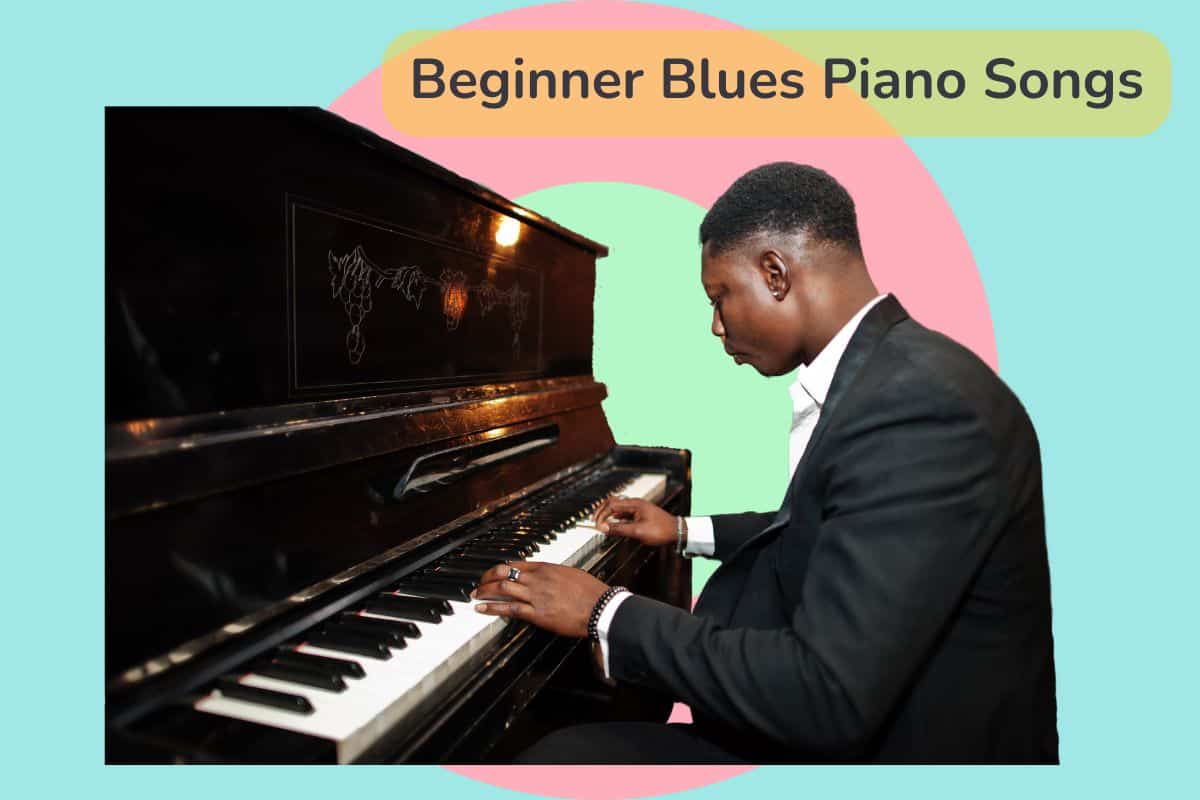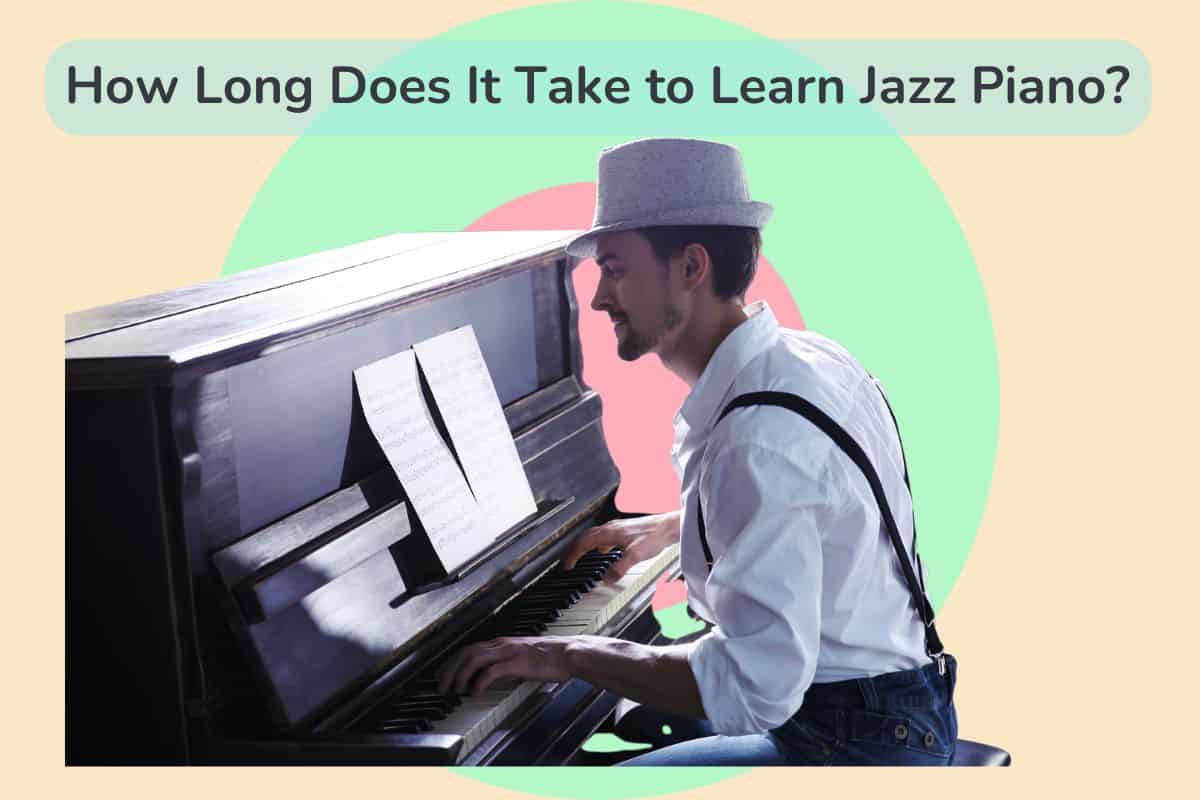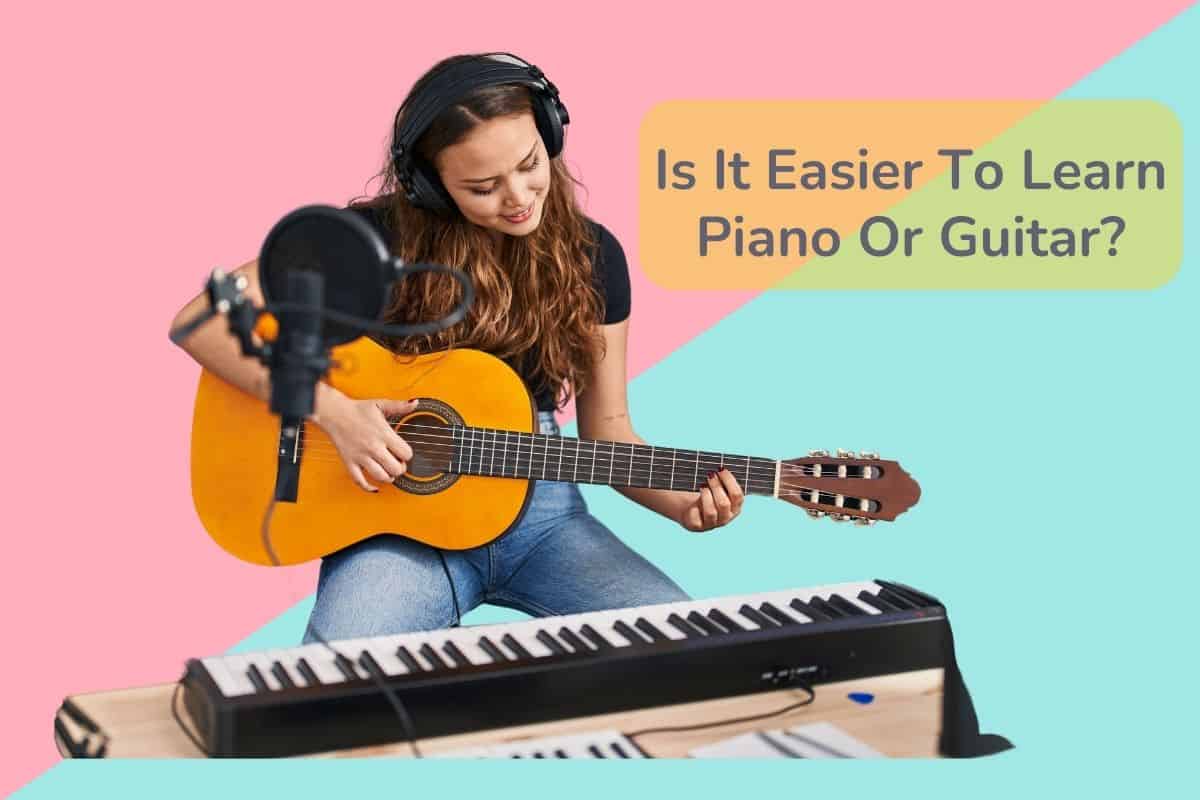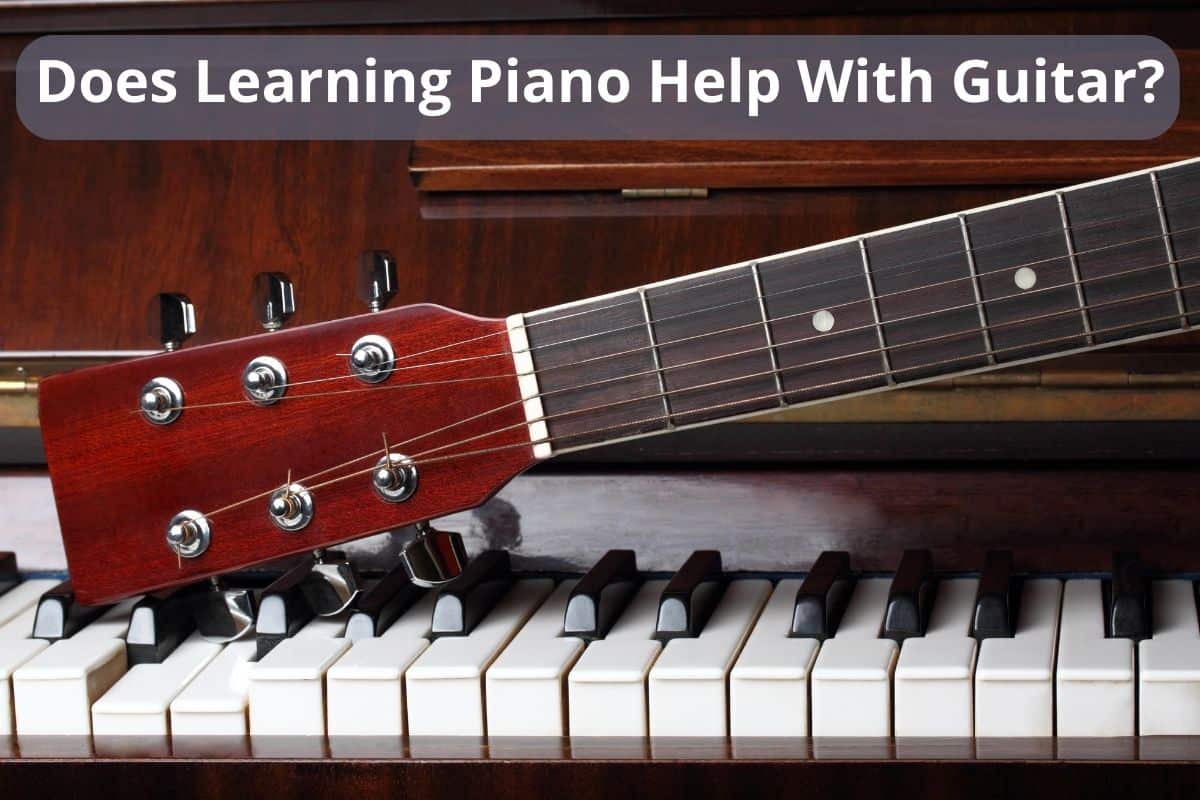Ever found yourself daydreaming about playing beautiful melodies on the piano? But then you snap back to reality, asking, “Wait, am I too old!” Or maybe you’ve been thinking about those cute little fingers of your child tinkling the piano keys? Are you wondering, “Is my kiddo at the right age to start this beautiful musical journey?”
The truth is, there’s no one-size-fits-all answer, as the ideal age to begin piano lessons depends on numerous factors. If it’s for a child, you’ll need to consider their development, interests, and dedication. However, knowing the general guidelines for when to start can help set you or your child on the right path.
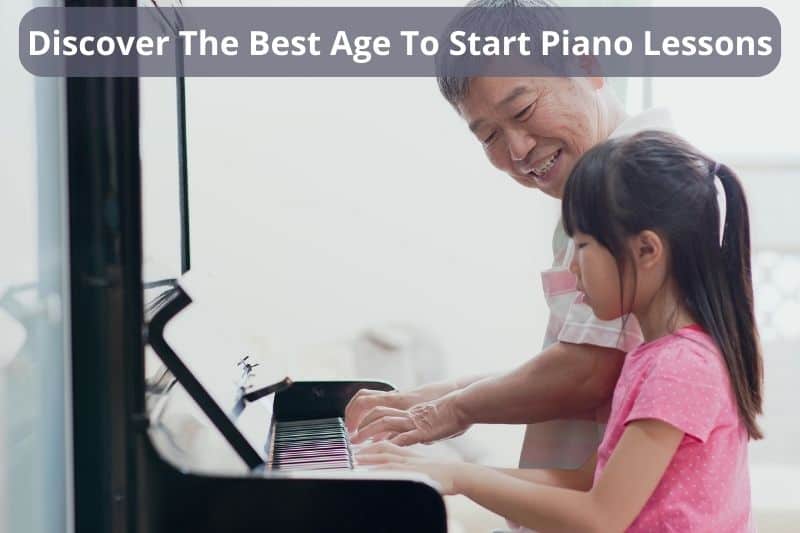
Most experts recommend that children start learning piano between the ages of 6 and 9. At this age, most kids have developed the necessary motor skills, focus, and comprehension to take on and succeed with piano lessons. Despite this general recommendation, it’s essential to consider individual circumstances and recognize that some children may be ready earlier or later than this age range.
However, if it’s for you, there’s nothing wrong with the mantra that whereas the best time to start learning was in junior school, the next best time is NOW!
Key Takeaways
- The best age to start piano lessons is generally between 6 and 9 years old.
- Individual factors like motor skills and focus play a crucial role in determining readiness.
- Adults can also learn to play the piano, overcoming unique challenges and reaping many benefits.
Why Age Matters For Piano Lessons
You might be wondering why age plays a crucial role in the process of learning the piano. Well, let’s dive into the topic and explore why your age can actually make a difference.
First of all, your attention span is a significant factor. Younger children often have shorter attention spans, which can make it challenging for them to focus on a full 30-minute piano lesson. As you grow older, your attention span generally improves, making it easier for you to fully engage in piano lessons.
Another aspect to consider is your physical development. The older you are, the more developed your hand-eye coordination and fine motor skills may be. The piano requires delicate finger movements and precise coordination, so being slightly older can be beneficial. On the other hand, starting at a younger age (around 6 to 9 years old) can also be great because the keys are easy to operate, and youngsters can quickly develop these necessary skills.
Lastly, your learning ability and receptiveness to instruction play a crucial part in mastering the piano. When you’re younger, you have a greater capacity to absorb new information, making it an ideal time to learn complex subjects like music. The best age to start piano lessons is typically from 6 to 9 years old because children in this age group tend to be ready to start learning new material.
Don’t worry; even if you’re older, it doesn’t mean you can’t learn the piano. As they say, it’s never too late to start. Just remember, your age might influence your learning speed and the way you approach piano lessons. Embrace it, and have fun on your musical journey!
Best Age To Start: The Early Bird Approach
Benefits of Learning the Piano Young
When you begin learning at a young age, your brain becomes your best friend! It’s flexible, geared for learning, and loves soaking up new information. This means you’ll be able to tackle concepts and skills more easily, such as reading music notation, finger coordination, and rhythm. Plus, young players often develop a strong foundation, improving their chances of becoming advanced musicians.
Another bonus is that early exposure to music and playing an instrument enhances their creativity and cognitive skills. And let’s not forget the personal development advantages, such as increased self-discipline, patience, and a boost in self-esteem.
Overcoming Challenges for Young Learners
Challenges are a natural part of any learning journey, and young piano students are no exception. But no need to worry; we’ve got your back with a few strategies to overcome these hurdles!
- Short attention spans: Keep lessons brief, engaging, and interactive. Breaking down complex tasks into smaller, manageable steps ensures a smoother learning experience.
- Proper techniques: Young learners might struggle with hand coordination and finger strength. Encourage them to practice hands separately, gradually increasing speed and complexity.
- Frustration: Learning the piano can be tough at times, but it’s essential to stay positive. Celebrate small victories, and remind your young pianist that progress takes time and patience.
By starting piano lessons early, you unleash an incredible journey full of learning, creativity, and personal growth. It may come with its challenges, but with the right approach, you’ll help young learners turn those keynotes into sweet music. So, let the adventure begin!
Best Age To Start: The Teenage Trail
Building Discipline and Focus
So, maybe you’re a teenager looking to begin learning the piano. This is a great time to dive in! Teenagers have a lot of advantages when it comes to learning a new instrument. First off, you’ve got the discipline and focus needed to truly excel at the piano. While younger kids might get easily distracted, your age is perfect for developing strong practice habits.
As a teen, you also have developed better motor skills and hand-eye coordination, which is essential for piano playing. Plus, you’re probably able to read and understand sheet music more easily than younger kids. This means you can really get into the nitty-gritty of piano playing, learn more advanced techniques, and jump into trickier compositions.
Balancing Piano with Other Activities
Of course, we know that as a teenager, you’re probably juggling a lot of other activities like school, sports, and hanging out with friends. Balancing piano practice with everything else in your life might seem like a challenge. But never fear! Here are a few tips to help you out:
- Schedule your practice time: Dedicate a specific time each day for piano practice. Put it on your calendar and treat it like an important appointment you can’t afford to miss.
- Set realistic goals: Decide on achievable goals, like learning a new piece in a month. Breaking your goals down into smaller milestones can also help keep you motivated and on track.
- Mix it up: Make practice fun by incorporating different styles of music or exploring new techniques. This way, you’ll stay engaged and excited about your piano journey.
In the end, the best age to start learning the piano is different for everyone. But as a teenager, you’ve got plenty of advantages on your side. So give it a shot, and who knows? You might just become the next piano prodigy!
Best Age To Start: Adult Advantages
Leveraging Prior Musical Experience
If you’re an adult who has some prior experience in music, learning the piano can be a smooth journey for you. Since you already have an understanding of musical concepts, you can make your piano lessons much more enjoyable and, at the same time, progress faster. You’ll find it easier to grasp concepts like rhythm, melody, and harmony, and can even apply your existing knowledge to excel at playing piano. So, don’t worry if you’re not in the “ideal age” to start piano lessons—you have plenty of advantages of your own!
Finding Time and Motivation
As an adult, you might feel like you’re too old to start playing the piano, but think again! While it’s true that you may have a busy schedule, the great thing about being an adult is that you’re in control of your own time. You can find ways to incorporate piano practice into your daily routine by setting aside a specific time for practice. Plus, your adult responsibilities can also help you stay motivated and focused during your sessions, which contributes to your progress.
Remember, determination and motivation are crucial for learning any musical instrument. So embrace your adult advantages and make the most out of them while embarking on this musical journey!
Factors Affecting The Ideal Age
Influence of Learning Pace
As you’re thinking about the best age for starting piano lessons, one important factor to consider is the learning pace. Every child develops at their own unique speed. Some kids might be ready to tickle the ivories as early as 4 or 5, while others may need a bit more time. The key is to find the right balance between being patient and taking advantage of their natural curiosity. So, don’t stress too much about finding the “perfect” age for when your child is ready; just focus on what feels right for them and when they want to learn.
Role of Parental Support
Another thing to keep in mind is the importance of your own support and involvement in their musical journey. As a parent, your encouragement and guidance can make a world of difference in your child’s success.
When your child has shown a desire to learn and is ready for lessons, be prepared to help them through the ups and downs of learning. This will include championing their progress, keeping them interested, and celebrating their achievements.
Make practice sessions enjoyable and encourage their creativity. Remember, you’re their biggest fan, and your belief in their abilities can go a long way in helping them stick with it!
Addressing Learning Disabilities
If your child has a learning disability, this doesn’t mean they can’t learn to play the piano. In fact, many kids with learning challenges find music to be a great way of expressing themselves and building self-esteem. To best support your child, it’s essential to find a piano teacher experienced in working with students who have learning disabilities. These skilled instructors can adapt their teaching methods to best suit your child’s needs, ultimately helping them unlock their musical potential. So, don’t worry; your little Beethoven can still shine bright with the right support!
Remember, the ideal age for starting piano lessons can vary significantly from child to child. Keep these factors in mind as you navigate this exciting journey, and trust that your child’s love for music will guide you both to the right timing. Happy playing!
Conclusion
In the end, the best age to start piano lessons is usually between 6 and 9 years old. This is when your child will typically be most receptive to learning music. However, it’s important to remember that every child is different, so the perfect age might vary.
Just because children ideally start at this age range doesn’t mean it’s too late for you or anyone else! People of all ages can enjoy the process of learning the piano, and it’s never too late to start. The important thing is to evaluate your own or your child’s readiness for music lessons and choose the right time to begin.
When you’re picking the perfect moment for piano lessons, keep in mind that practice is a key ingredient. Whether you are a child or an adult, dedication and regular practice will help ensure progress. Enjoy the journey, and have fun as you explore the exciting world of piano playing!
Remember, finding the right age to start piano lessons for you or your child isn’t a race. It’s all about creating an enjoyable experience and nourishing the love of music. So, when you decide the time is right, pursue piano lessons with enthusiasm and an open mind. Happy playing!
Frequently Asked Questions
Is there an ideal age to begin piano lessons?
Yes, there is! Most piano teachers recommend starting lessons between the ages of 6 and 9 years old. During this period, children are usually more receptive to learning, and it’s an excellent time for them to develop their musical skills.
Can toddlers learn to play the piano?
While toddlers may not be ready for formal piano lessons, they can still have fun exploring the instrument. You can introduce your little one to the keyboard and let them experiment with the sounds. However, it’s best to wait until they’re at least 6 years old before enrolling them in lessons.
Is it difficult for older beginners to learn to play the piano?
No, it’s never too late to begin learning piano! Though it might take more effort and dedication for older beginners, learning to play the piano can still be enjoyable and rewarding. Just remember to be patient with yourself and consistent in your practice.
Do young children benefit from learning piano?
Absolutely! Young children who learn piano can develop essential skills such as creativity, discipline, and self-confidence. Plus, playing the piano can improve their hand-eye coordination and cognitive abilities, making it a valuable activity for their overall development.
At what age do kids usually start music lessons?
Many kids start music lessons between the ages of 6 and 9. This is an ideal time to introduce them to an instrument like the piano, as they’re more likely to be receptive and have the necessary hand size and finger strength to play properly.
Can preschoolers learn to play musical instruments?
Preschoolers can certainly be introduced to musical instruments! However, it’s crucial to choose an age-appropriate instrument, such as small percussion instruments, a ukulele, or a recorder. For piano lessons, it’s generally best to wait until they’re a bit older, around 6 years old, to ensure they’re capable of grasping the necessary concepts and techniques.
